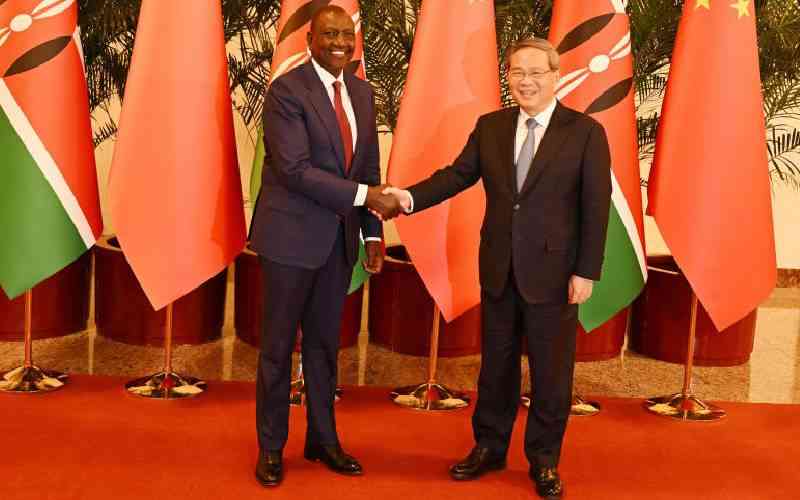
The search for the Pan-African spirit is constant and goes hand in hand with perceptions of adversity confronting people of African descent. It is mostly an instrument of identity assertion that began at the beginning of the 20th Century and is still available in the three decades of the 21st Century.
As an instrument of identity assertion, it is mostly intellectual and comes into 'life' as a reaction to existing or likely remnants of racial oppression. It also finds space in the socio-cultural and political arenas, which are derivatives of the intellectual endeavour. This might explain a triangular meeting of the Caribbean, Africa, and North American 'Africans' at Michigan State University to explore the challenge of identity and Pan-Africanism in postcolonial times.







